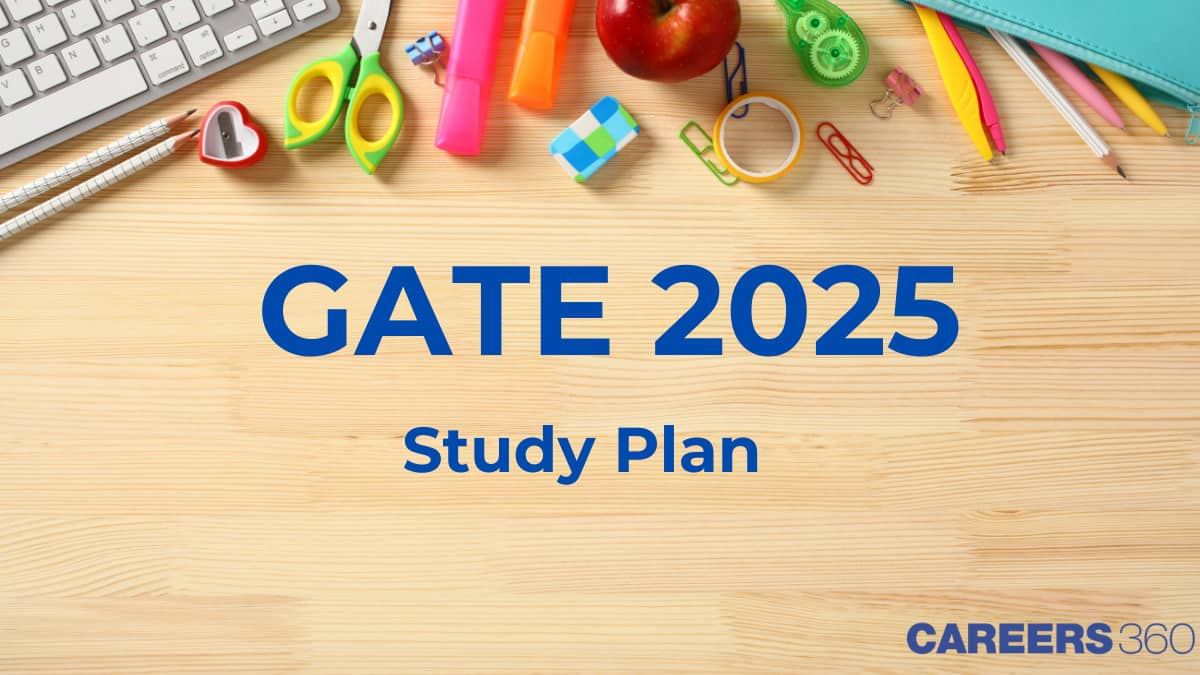GATE 2025 Exam Prep Plans and Timetables Unveiled: Crack the Code to Success

Students looking to ace the Graduate Aptitude Test in Engineering or GATE 2025 need a well-structured plan to guide them through the rigorous exam preparation. Organized by the Indian Institute of Science, Bangalore, this year's GATE examination will put over 9 lakh students to the test. With the increasing importance of high-paying government jobs and placement opportunities, it's essential for candidates to devise an effective study plan.
Why You Need a Study Plan for GATE 2025
Developing a systematic approach ensures you cover all key areas with equal weightage while keeping track of your progress:
- Time management becomes crucial
- Balancing theoretical aspects and practical work
- Consistent, flexible progress
Experts recommend reflecting on the syllabus and starting with high-weightage topics before moving to moderate and low-impact areas. Breaking down the study plan into sections by importance can help create a realistc timeframe for preparing for the exam.
Crafting Your GATE 2025 Study Plan: A Step-by-Step Guide
To structure your study plan, consider the following strategies:
- Downloading Official Syllabi: Visit the Indian Institute of Science website to access official syllabi in different streams (e.g., Mechanical, Civil, Computer Science).
- Section Allocation: Focus on high-weightage areas like Mechanical Engineering - Thermodynamics and Computer Science - Data Structures.
- Sample Papers and Notes: Utilize free resources such as NPTEL, GATE Careers360, and Telegram Groups to supplement your preparations.
Mastering Your Study Timetable
A daily study plan can help you stay organized. Consider the following activities:
- 6:00 AM – 7:00 AM General Aptitude Practice (verbal reasoning, puzzles)
- 7:30 AM – 9:00 AM Core Subject 1 theory and examples
- 10:00 AM – 12:00 PM Core Subject 2 practice questions
- 1:00 PM – 2:00 PM Engineering Mathematics revision
Stay Informed about GATE 2025 Exam Format
Before embarking on your study journey, understand the exam format:
- 65 Questions in 3 Hours: Multiple Choice Questions (MCQs), Numerical Answer Type (NAT), and Multiple Select Questions (MSQs).
- Sections Weightage: Core Subjects 70%, General Aptitude 15%; Engineering Mathematics 13 to 15%.
- With a total of 100 marks, focusing on high-weightage areas is critical for success.
Revise Effective Revision Strategies
Regular revision ensures that new concepts stick with you. Use this plan:
First Revision (December 2024): Focus on basic concepts and problems
Second Revision (January – February): Review topics thoroughly
